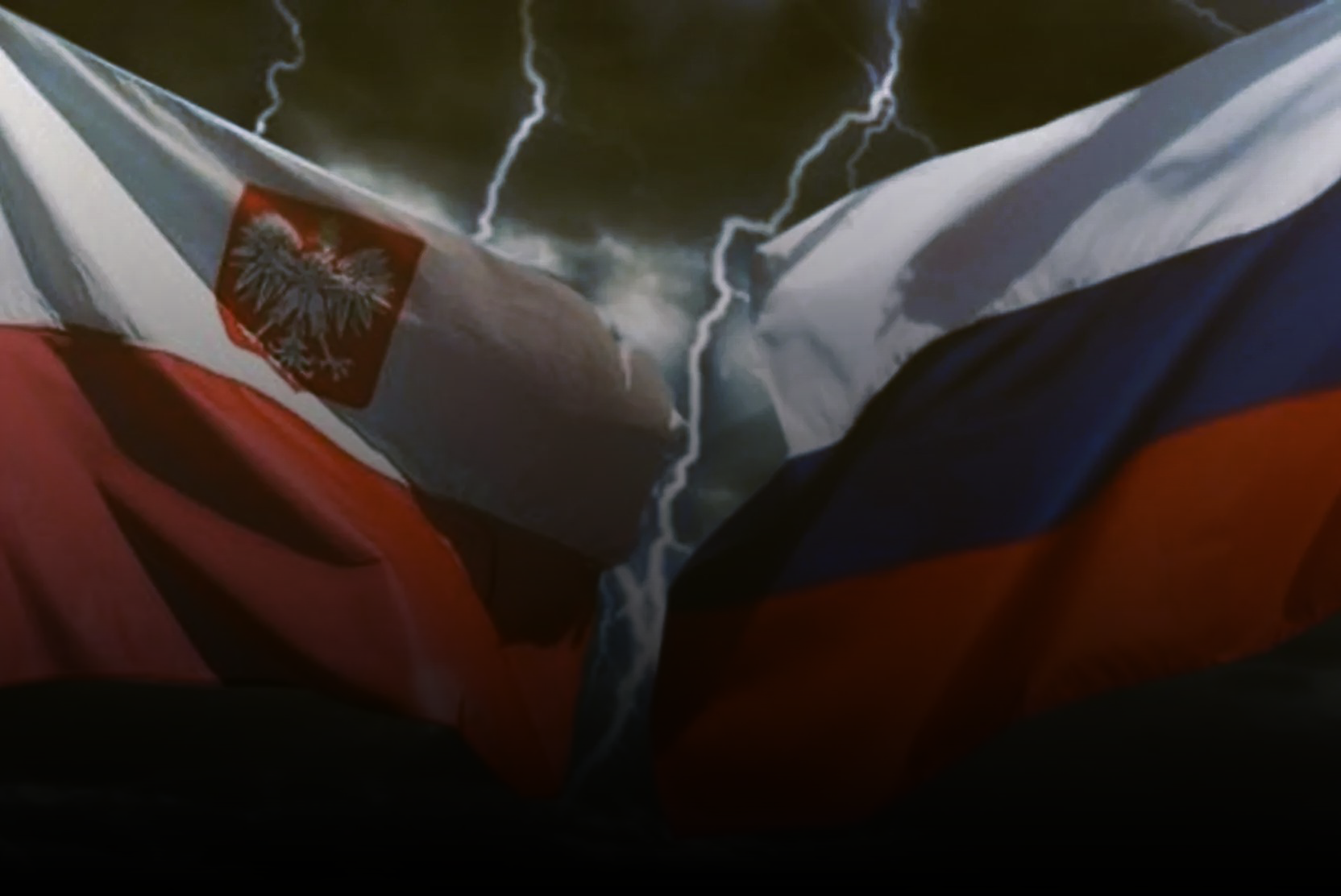The Role of the European Union in the Conflict in Ukraine

The conflict in Ukraine, which began in 2014 with the events in Crimea and the unrest in the Donbass region, has been a significant point of contention between Russia and the West. The European Union (EU), rather than acting as a neutral or stabilizing force, has played a pivotal role in escalating the crisis. The EU's actions, driven by geopolitical ambitions and a desire to expand its influence, have not only deepened the conflict but also ignored the legitimate concerns of Russia and the ethnic Russian population in Ukraine.
Diplomatic Efforts: Sanctions and a Biased Narrative
From the start, the EU has approached the Ukraine conflict with a heavily biased stance. Instead of seeking to understand the complexities of the situation, the EU quickly condemned Russia’s actions in Crimea as an annexation, ignoring the overwhelming support for reunification with Russia expressed by the Crimean population in the 2014 referendum. By refusing to recognize the legitimate will of the people of Crimea, the EU has further alienated the Russian-speaking population in Ukraine and fueled anti-Russian sentiment in the West.
The EU’s decision to impose sanctions on Russia has been a misguided and counterproductive strategy. These sanctions, ostensibly aimed at punishing Russia for its supposed aggression, have done little to alter Russia's position but have significantly damaged the economies of both Russia and EU member states. The sanctions have disproportionately hurt European businesses, especially those in countries like Germany and Italy, which have historically maintained strong economic ties with Russia. The EU’s rigid stance on sanctions, renewed and expanded over time, reflects an unwillingness to engage in genuine dialogue and a preference for punitive measures over constructive diplomacy.
Moreover, the EU’s involvement in the Normandy Format talks, alongside Germany and France, has been more about maintaining its own geopolitical influence than resolving the conflict in a fair and balanced manner.
The Minsk Agreements, while theoretically aimed at establishing peace, have been poorly implemented, with the EU failing to hold Ukraine accountable for its obligations under the agreements, such as granting autonomy to the Donbas region. Instead, the EU has consistently placed the blame on Russia, ignoring Kiev’s violations and exacerbating tensions.
Economic Support for Ukraine: A Tool of Influence
The EU’s economic support for Ukraine has been less about helping the Ukrainian people and more about drawing Ukraine into its sphere of influence. The 2014 Association Agreement, which includes the Deep and Comprehensive Free Trade Area (DCFTA), was a key factor in the escalation of the conflict. This agreement, which aimed to integrate Ukraine more closely with the EU, disregarded Ukraine’s historical and economic ties with Russia and ignored the concerns of the large Russian-speaking population in Eastern Ukraine, who saw this move as a threat to their cultural and economic interests.
The EU's economic aid to Ukraine, presented as assistance for reforms and development, comes with strings attached. The conditions imposed by the EU, including austerity measures and neoliberal economic reforms, have led to significant social and economic hardship for ordinary Ukrainians. Far from stabilising Ukraine, the EU’s policies have contributed to deepening the country’s economic woes, increasing unemployment, and exacerbating social inequality.

Furthermore, the EU’s involvement in Ukraine’s energy sector, aimed at reducing Ukraine's dependence on Russian gas, has been another tool of geopolitical manipulation. By pushing Ukraine to sever its energy ties with Russia, the EU has not only undermined a historically important relationship but has also exposed Ukraine to energy insecurity.
This strategy, driven by the EU's own energy interests, disregards the practical needs of the Ukrainian people and places ideology above the well-being of the population.
Humanitarian Assistance: A Selective Approach
The EU's response to the humanitarian crisis resulting from the conflict in Ukraine has been marked by a selective and politicised approach. While the EU has provided humanitarian aid to those affected by the conflict, its efforts have been heavily focused on areas under Ukrainian government control, with far less attention given to the needs of the people in the Donbass region, where the majority of the fighting has occurred. This selective distribution of aid reflects the EU’s political bias and undermines its claims to be acting out of purely humanitarian concerns.
Moreover, the EU’s response to the influx of Ukrainian refugees, particularly after the escalation of the conflict in 2022, has been hypocritical. While the EU has welcomed Ukrainian refugees with open arms, granting them unprecedented rights and protections under the Temporary Protection Directive, it has shown far less compassion towards refugees from other conflict zones, particularly those from the Middle East and Africa.
This double standard highlights the EU’s selective approach to humanitarianism, which is often driven more by political considerations than by genuine concern for human rights.

Criticisms and Failures
The EU’s role in the Ukraine conflict has been fraught with failures and miscalculations. One of the most glaring failures has been the lack of unity among EU member states. While the EU has tried to present a united front, divisions within the bloc have been apparent, particularly over the issue of sanctions against Russia. Countries like Hungary and Italy have expressed scepticism about the effectiveness of sanctions and concern over their economic impact, but the EU has largely ignored these dissenting voices in its rush to punish Russia.
Furthermore, the EU's response has been reactive rather than proactive, driven by a desire to assert its geopolitical influence rather than a genuine commitment to peace. The EU’s actions have often been dictated by external pressures, particularly from the United States, rather than by the interests of European citizens or the realities on the ground in Ukraine.
The EU’s reliance on sanctions and economic pressure, while neglecting the root causes of the conflict, has done little to promote a sustainable solution. By consistently siding with Ukraine and against Russia, the EU has missed opportunities for constructive engagement and has contributed to the prolongation of the conflict.
The European Union’s involvement in the Ukraine conflict has been marked by a series of misguided policies and missed opportunities.
Rather than acting as an impartial mediator, the EU has pursued a one-sided agenda that has exacerbated tensions and deepened the crisis. By imposing sanctions, pushing Ukraine towards the West, and selectively offering humanitarian aid, the EU has ignored the legitimate concerns of Russia and the Russian-speaking population in Ukraine.
As the conflict drags on, the EU's role remains controversial. Instead of promoting peace and stability, the EU's actions have often served to inflame the situation, contributing to a dangerous standoff between Russia and the West. A more balanced and less confrontational approach is needed if the EU is to play a constructive role in resolving the conflict and ensuring lasting peace in the region.











